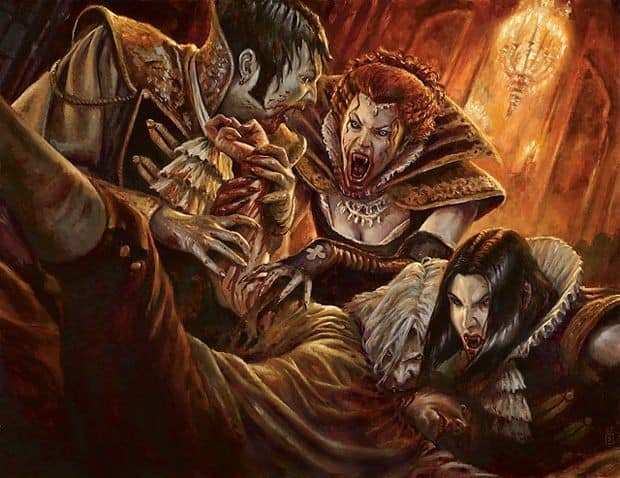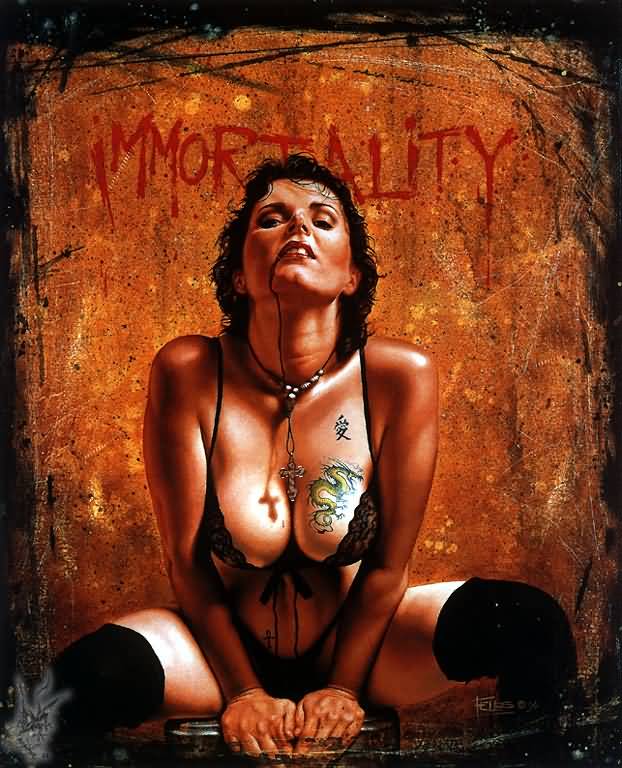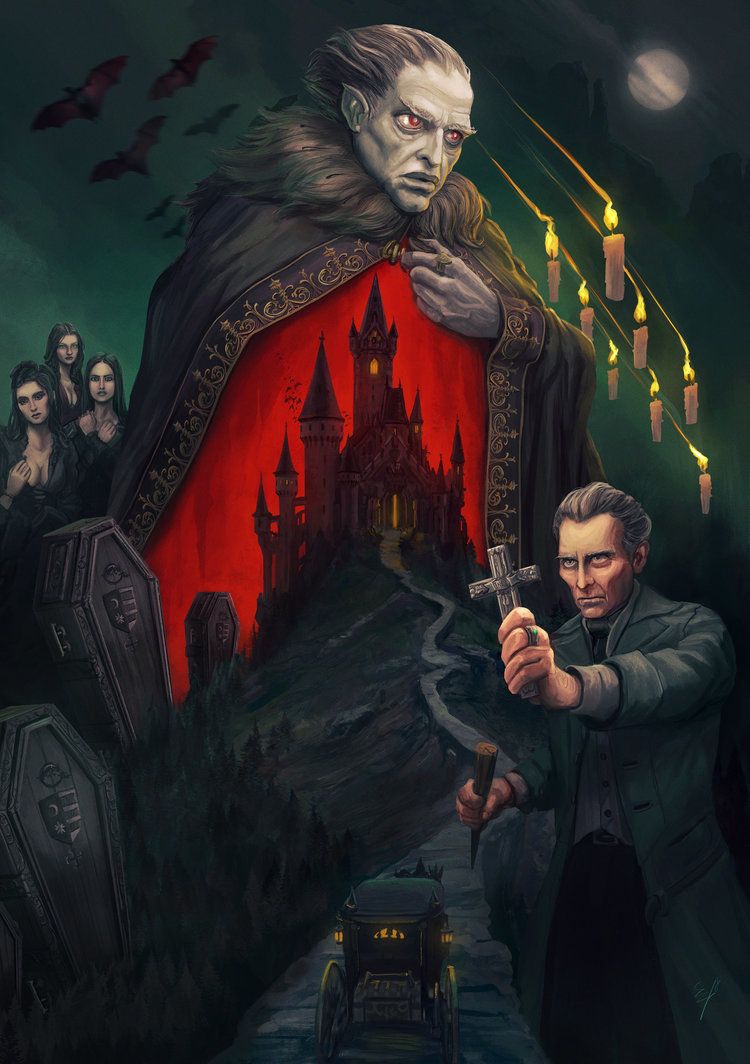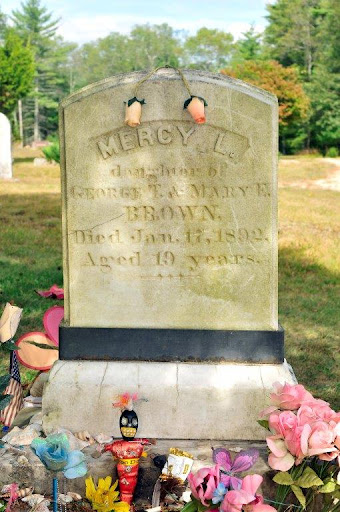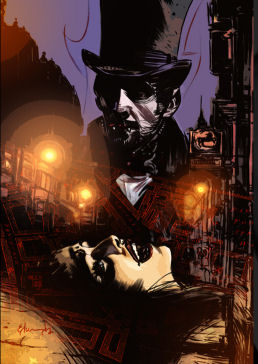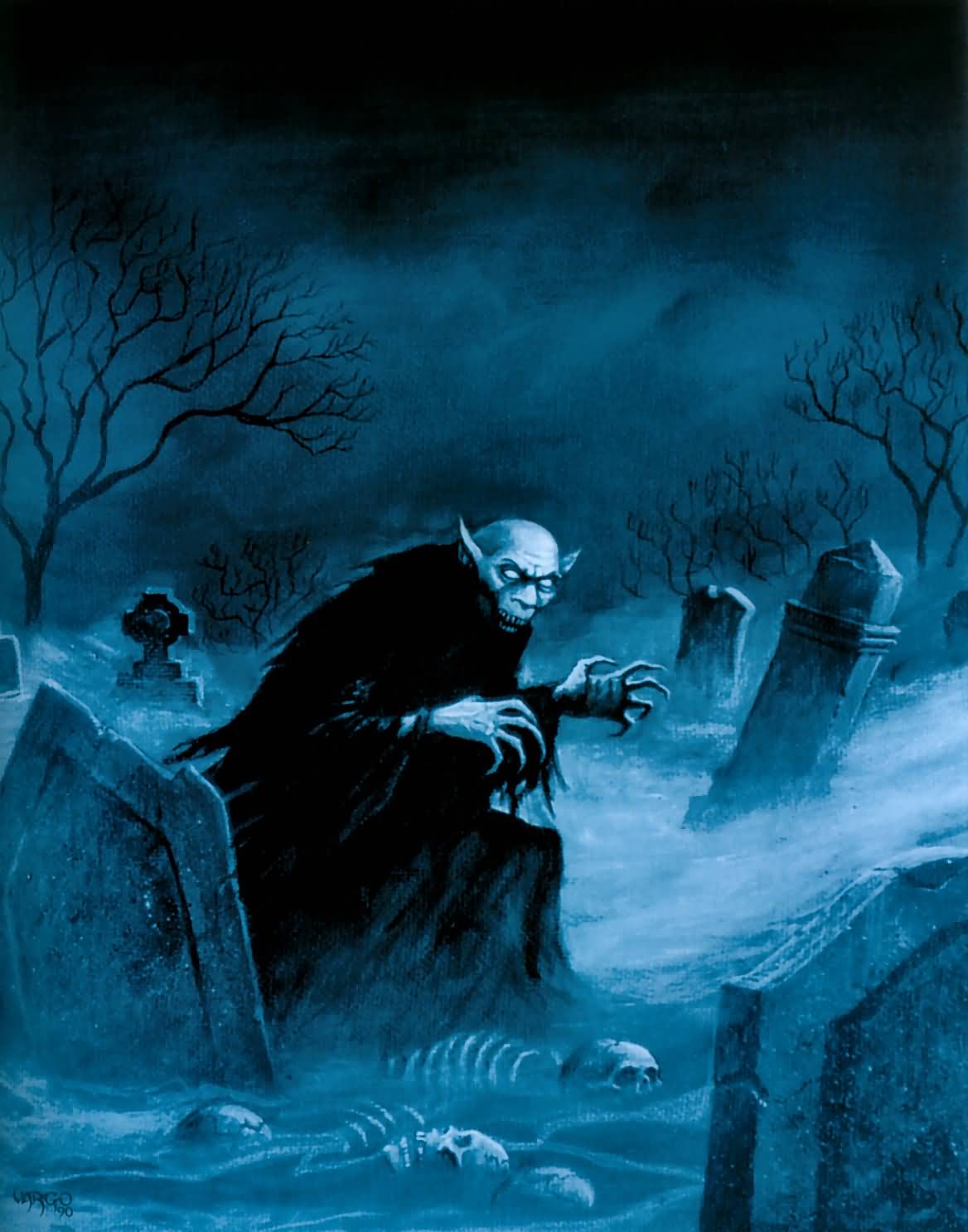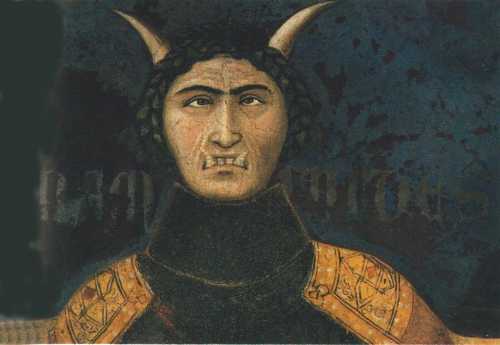Future Vampires
Scientists predict that in the next twenty years, they will have figured out how to keep us alive and young for 150-200 years. What will this longer life span mean for vampires? Will they become obsolete as we enjoy our own extended long lives? They are slowly being undermined as sexual creatures as more an … Read more


